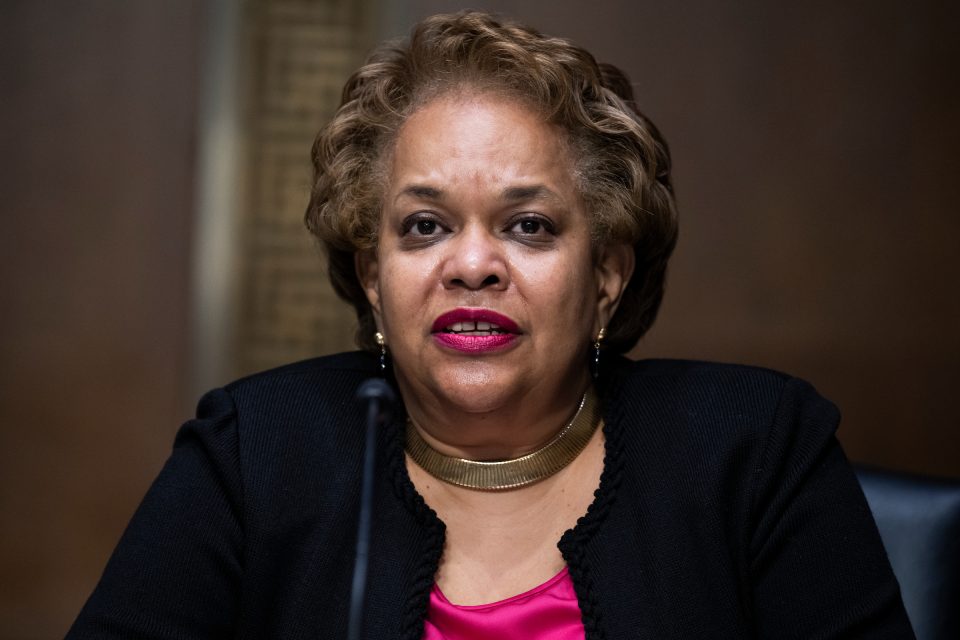Impact investors are ramping up their calls to federal agencies to protect financially vulnerable communities from the ramifications of climate change, with a particular focus on updating regulations implementing a 1977 anti-redlining law.
Sustainable finance nonprofit Ceres and the U.S. Impact Investing Alliance, both of which work closely with investors concerned with environmental, social and governance issues, are beating the drum for the country’s top financial regulators to ensure that disadvantaged communities and communities of color are accounted for in any analysis on climate-related financial risk.
Of the eight agencies with statutory authority to address the needs of at-risk communities, the Federal Housing Finance Agency is the sole one that has made considerable progress so far on addressing climate change’s effects on lower-income communities, Ceres said in a report this week.
In the agency’s draft strategic plan through 2026, FHFA emphasized the intersection of affordable housing and climate change, noting that an increase in the number and intensity of natural disasters could hinder the agency’s work.
“Disaster events such as hurricanes, wildfires, and floods could increase credit risk and credit-related expenses at the regulated entities,” FHFA said in its plan. “Natural disasters tend to [disproportionately] impact the affordable housing stock, and in an economic environment with the high labor and materials costs, rebuilding affordable housing would be a significant challenge.”


